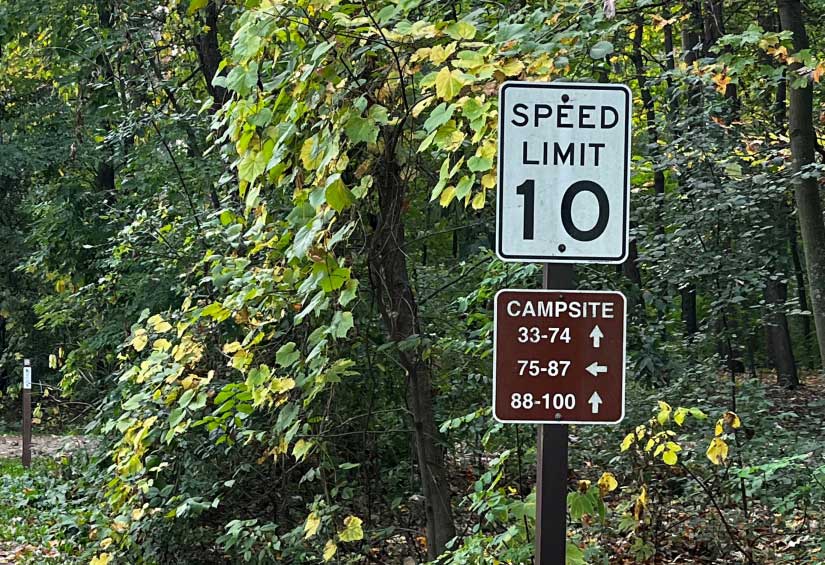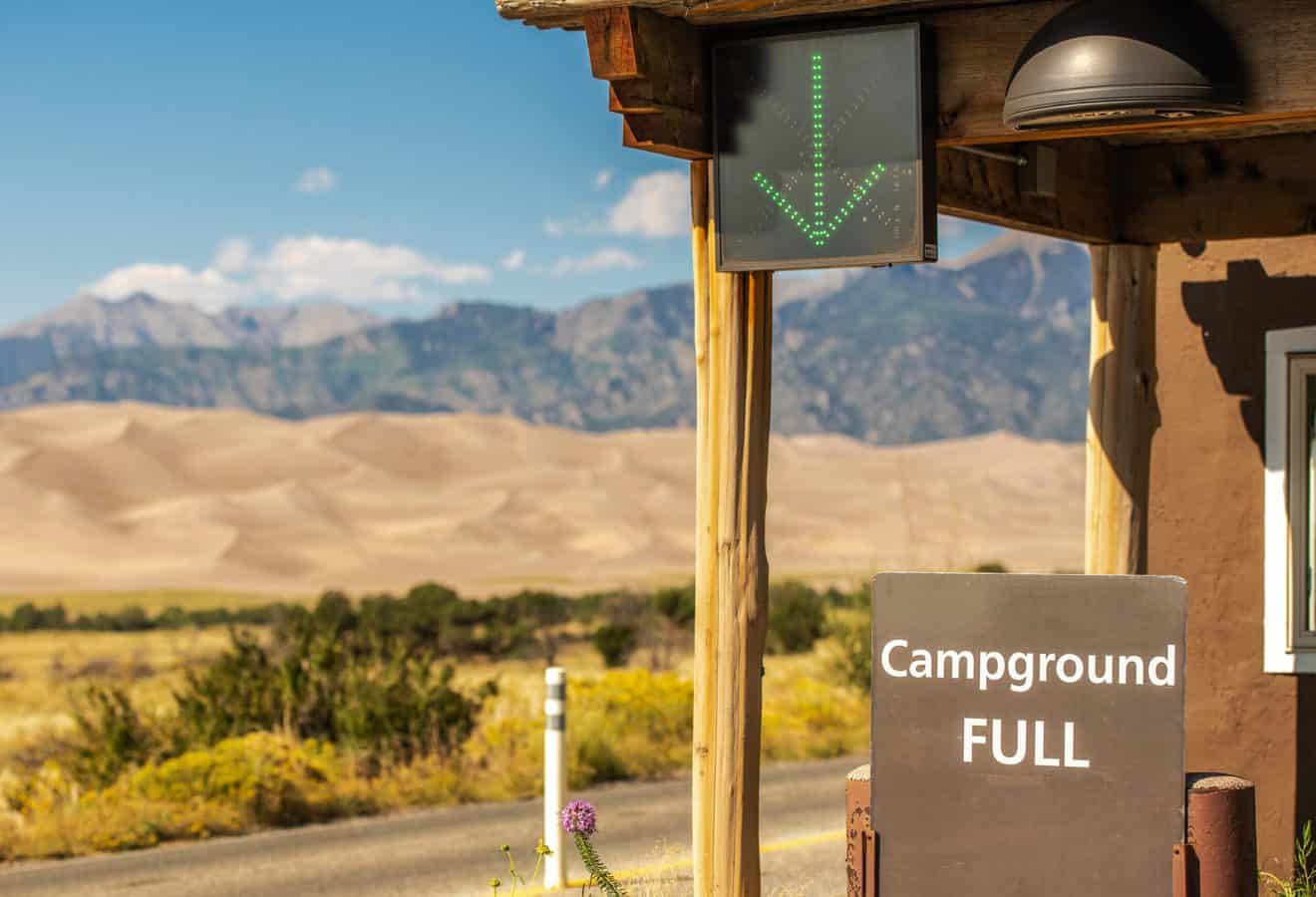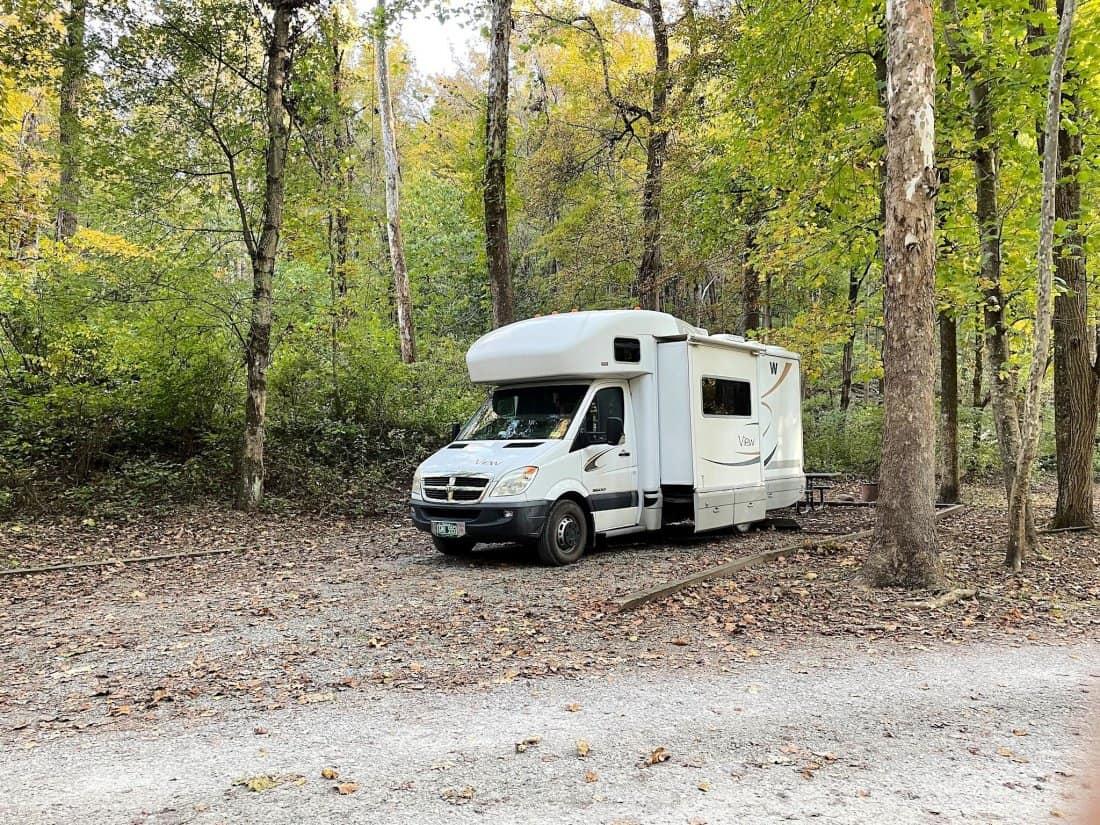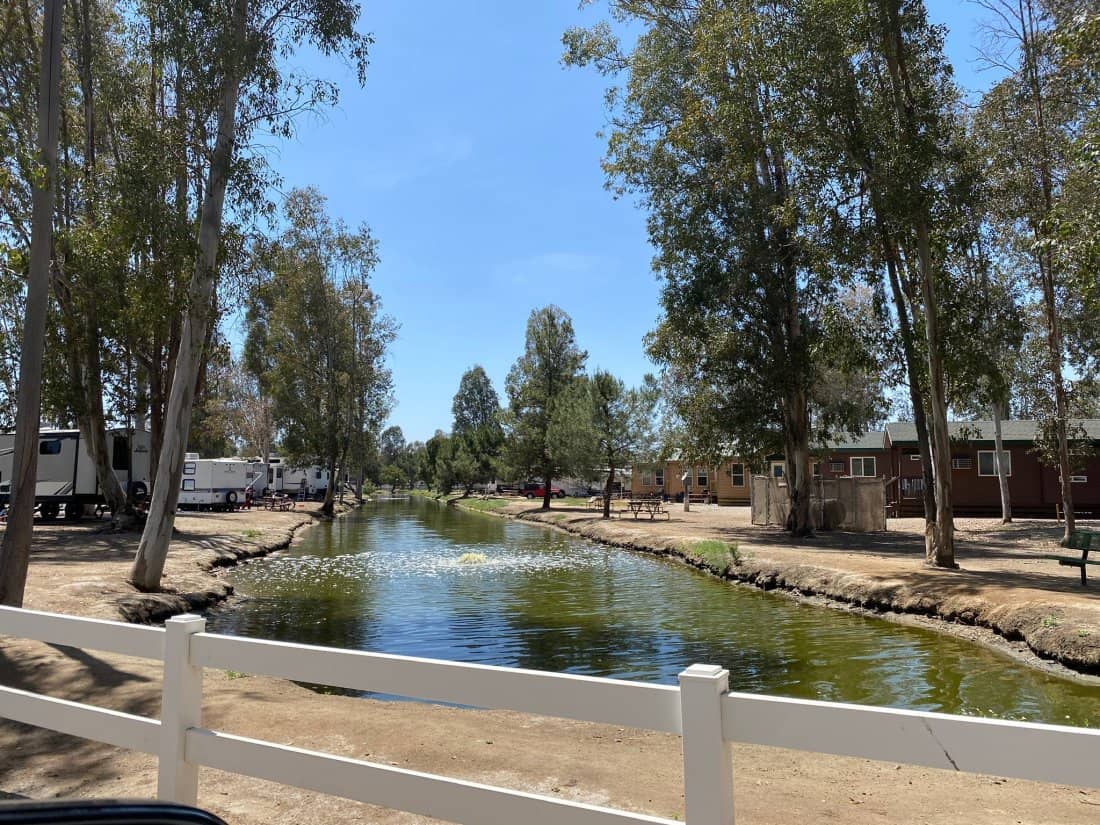
Why You Shouldn’t Be Speeding In A Campground
Every campground has a speed limit, which is usually strictly enforced. Speed limits are usually between 5 and 15 mph, depending on the park. The speed limit is set very low to minimize the risk of accidents and to make sure everyone has an enjoyable camping experience.
Campground roads are narrower and can be much harder to navigate (especially in an RV) than the roads we are used to driving on. Most drivers recognize this and stick to the posted speed limit.
However, there is always “that” camper who is always in a hurry, even when they are camping. Maybe they want to try to get into a particular campsite before anyone else gets it. Maybe they like driving fast. Or maybe they’re in a hurry to run errands in town. At any rate, there are some obvious reasons why speeding in a campground is a really bad idea. Here is why nobody wants to be “that” camper.
Speeding causes accidents
According to the CDC, 1 out of 3 vehicle accidents are caused by speeding. Speeding in a campground where children are playing and adults are in carefree holiday mode is asking for trouble; it kills and injures people every year. In one well publicized case, a speeding driver in a campground tragically cost two young boys their lives when his out of control truck ran over their tent as they slept. To read the story, click here. Campgrounds post speed limits according to campground safety for everybody.
You could hit wildlife
One of the great parts about camping is that we get to view all kinds of wildlife, including deer, squirrels, bears, coyotes, birds, and other native species. These animals often view campground roadways as easy travel routes to get from one feeding area to another. Animals can pop out of the bushes very quickly, and going below the speed limit can help you avoid colliding with them when they suddenly decide to cross the road.
More speed makes more dust
Tire treads on the gravel roads throughout many campgrounds kick up dust in the dry summer months. The faster you drive, the more dust you’ll produce.
Aside from dust getting into your RV, gravel dust gets on everything else too, including pedestrians out for a stroll, neighboring campsites, and everything else around. Slowing down to below the campground speed limit allows you to minimize dust while maximizing your chances of enjoying good neighborly relations.
You could get evicted
Private campgrounds have been cracking down on speeders and have strict policies regarding exceeding the posted speed limit. Some campground rules have zero tolerance and may kick you out if you don’t stay under the posted speed limit.
You can wreck your RV
Some campgrounds with ongoing problems with speeders have installed speed bumps and other traffic control devices. It should be obvious that hitting these bumps at just a few miles above the speed limit in an RV can cause dishes to break and damage the RV itself. Some campers have even reported seeing drivers hitting park speed bumps fast enough to launch their rear wheels.
Conclusion
Going camping is a chance to slow down and enjoy life. Going too fast in a campground is inconsiderate and won’t make your trip more enjoyable.
Even with all the added risks, exceeding posted speed limits in a campground usually won’t save you much time in the long run. Driving below the speed limit allows you to avoid turning your camping trip into a catastrophe.
One of the best parts about RVing is engaging with the community of traveling enthusiasts. iRV2 forums allow folks to chat with other RVers online, and get other perspectives on everything RVing, including products, destinations, RV mods, and more.
Related articles:





Our campground has a speed limit of 5 miles per hour and I’m wondering if speed bumps are legal when you have handicapped vans camping and they sit low to the ground and even going less than 5 mph you drag bottom. I was told by another campground that the state made them remove the speed bumps
I lower the windows, turn off the A/C and the radio, often you can hear children and dogs before you see them. Also, some RV owners cannot seem to park in their site.